Owning a pet is a rewarding experience, but it’s important to remember that not all pets are created equal, and some come with their own unique challenges. While dogs and cats often top the list for potential pet owners, there are many other animals that people take into their homes. Before diving headfirst into pet ownership, it’s crucial to understand the demands associated with various species. This article explores twelve of the most demanding pets to own, each presenting its own set of challenges and rewards.
1. Parrots
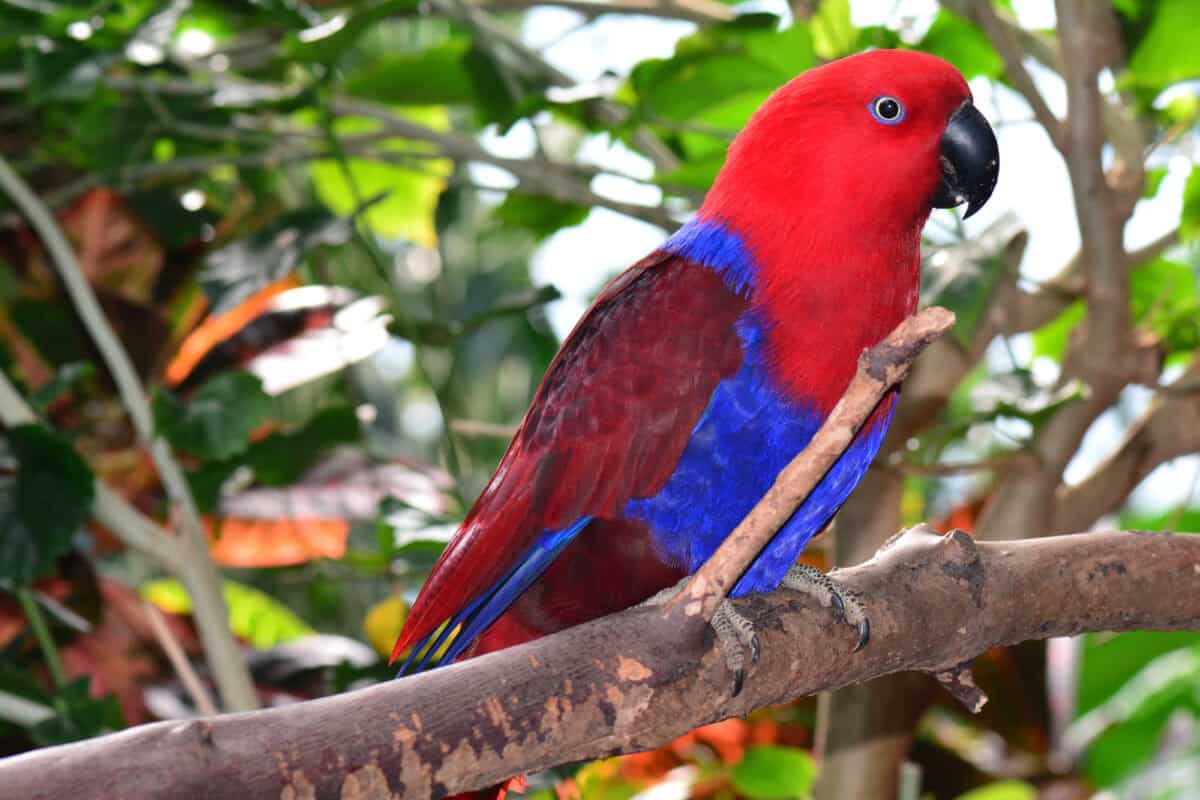
Parrots are incredibly intelligent and social birds, known for their vibrant plumage and ability to mimic human speech. However, their intelligence requires constant mental stimulation and social interaction, making them one of the most demanding pets. Parrots can live for decades, sometimes outliving their owners, and need a significant time commitment. Their complex behavior and emotional needs often lead to feather plucking and other stress-related behaviors if not properly cared for.
2. Reptiles

Reptiles, such as snakes, lizards, and turtles, often demand specific environmental conditions that can be challenging to maintain. These conditions include temperature, humidity, and light. While they may seem low-maintenance compared to other pets, their dietary needs can be complex and species-specific. For example, some reptiles require live feeding, which can be uncomfortable for some owners. Proper knowledge and preparation are crucial to meeting a reptile’s needs.
3. Ferrets

Ferrets are energetic, playful animals known for their mischievous nature. Their high energy levels mean they require plenty of interaction, playtime, and mental stimulation. Ferrets can be prone to various health issues, such as adrenal disease and insulinoma, which necessitate regular veterinary care. Their curious nature means they can get into trouble if not properly supervised, and ferret-proofing your home is essential to ensure their safety.
4. Sugar Gliders

Sugar gliders are small, nocturnal marsupials that are highly social and thrive on companionship. They often form strong bonds with their owners, but this also means they require a great deal of attention. Sugar gliders have specific dietary needs, including fresh fruits, vegetables, and protein sources. Meeting these dietary requirements can be more complex than expected for such a small pet. Additionally, they need ample space to glide and play, which can make housing them properly a challenge.
5. Exotic Fish

While fish may seem easy to care for, maintaining a healthy aquarium requires diligence and expertise. Exotic fish, such as saltwater species, have stringent water quality, temperature, and environmental requirements. Owners must regularly test and adjust water conditions and perform regular tank maintenance to ensure a healthy environment. These tasks require a time commitment that is often underestimated by new aquarium enthusiasts.
6. Rabbits

Rabbits are often thought of as easy pets but conversely require a lot of attention and space to thrive. They need spacious enclosures and daily exercise outside of their cages. Rabbits also have specific dietary needs—primarily a diet of hay, fresh vegetables, and pellets. Socially, they are affectionate animals and benefit from interaction with both their human caregivers and other rabbits, so owners should be prepared to devote significant time to their care.
7. Pygmy Hedgehogs
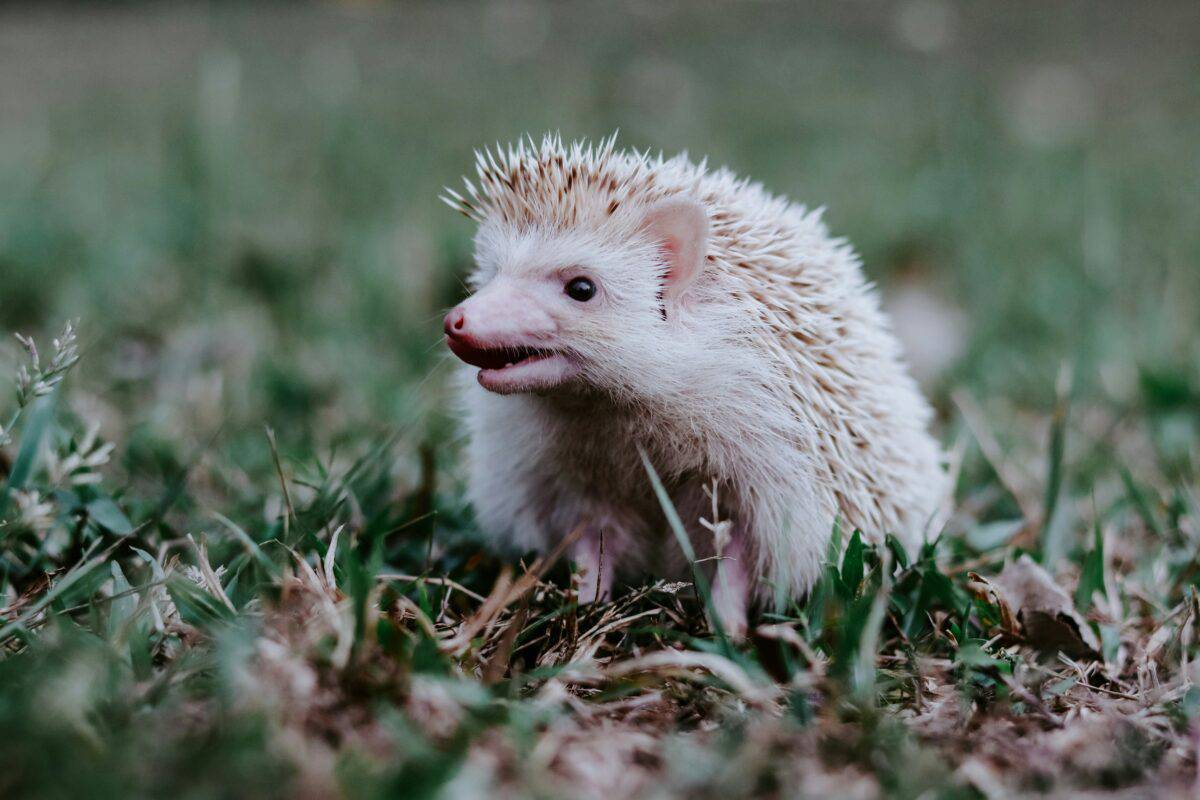
Pygmy hedgehogs are small, spiny mammals that are often chosen for their cute and unique appearance. However, they require specific temperatures and enclosures to simulate their natural environment. Hedgies are prone to obesity and require a balanced diet alongside ample exercise opportunities. Their nocturnal nature can also clash with the schedules of those who are not night owls, requiring potential owners to adapt their routines.
8. Large Breed Dogs
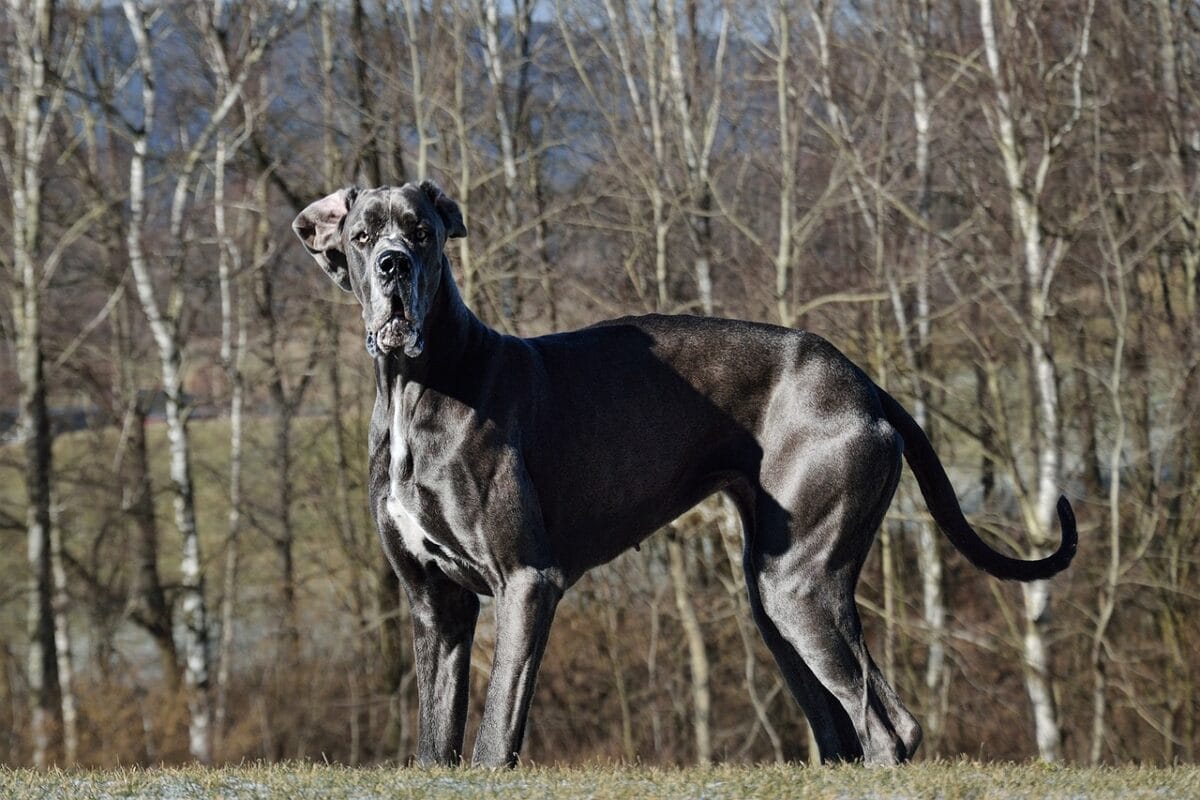
While dogs are generally well-understood as pets, large breeds like Great Danes or St. Bernards come with specific demands that differ from their smaller counterparts. They require more space, larger quantities of food, and often have higher veterinary costs. Additionally, large dogs need consistent training, socialization, and exercise. Prospective owners must be ready for the physical and financial commitments of large breed dog ownership.
9. Pot-Bellied Pigs
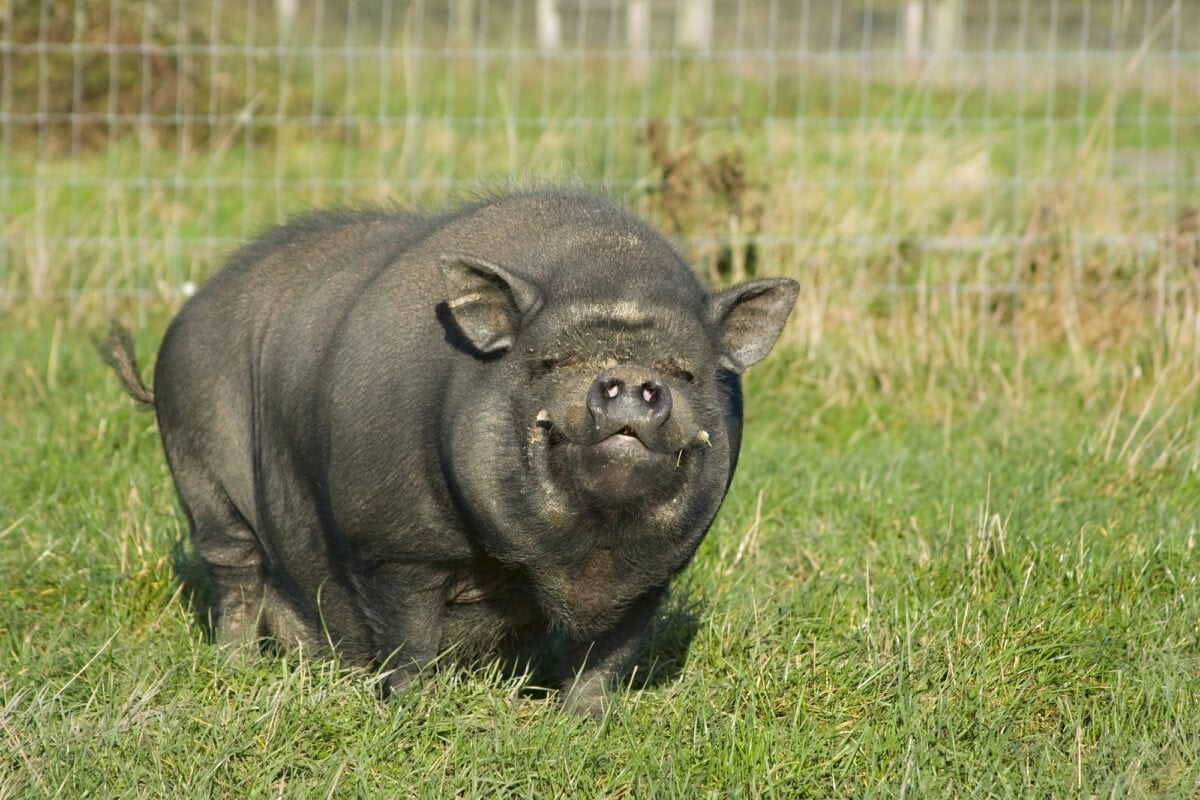
Pot-bellied pigs are intelligent and trainable but require a great deal of attention and care. They need space to roam and root around, which is a natural behavior. Their intelligence can lead to boredom and destructive behavior if not mentally stimulated. Additionally, they require a specific diet and regular veterinary care from a vet familiar with pigs, which can sometimes be hard to find.
10. Birds of Prey

Owning a bird of prey, such as a hawk or falcon, is a significant commitment. These birds require specialized knowledge, licensing, and a commitment to their care and training. They need expansive space to fly and a diet that mimics their natural prey. The time investment in training and care is substantial, and the responsibility of owning such a powerful creature should not be underestimated.
11. Chinchillas
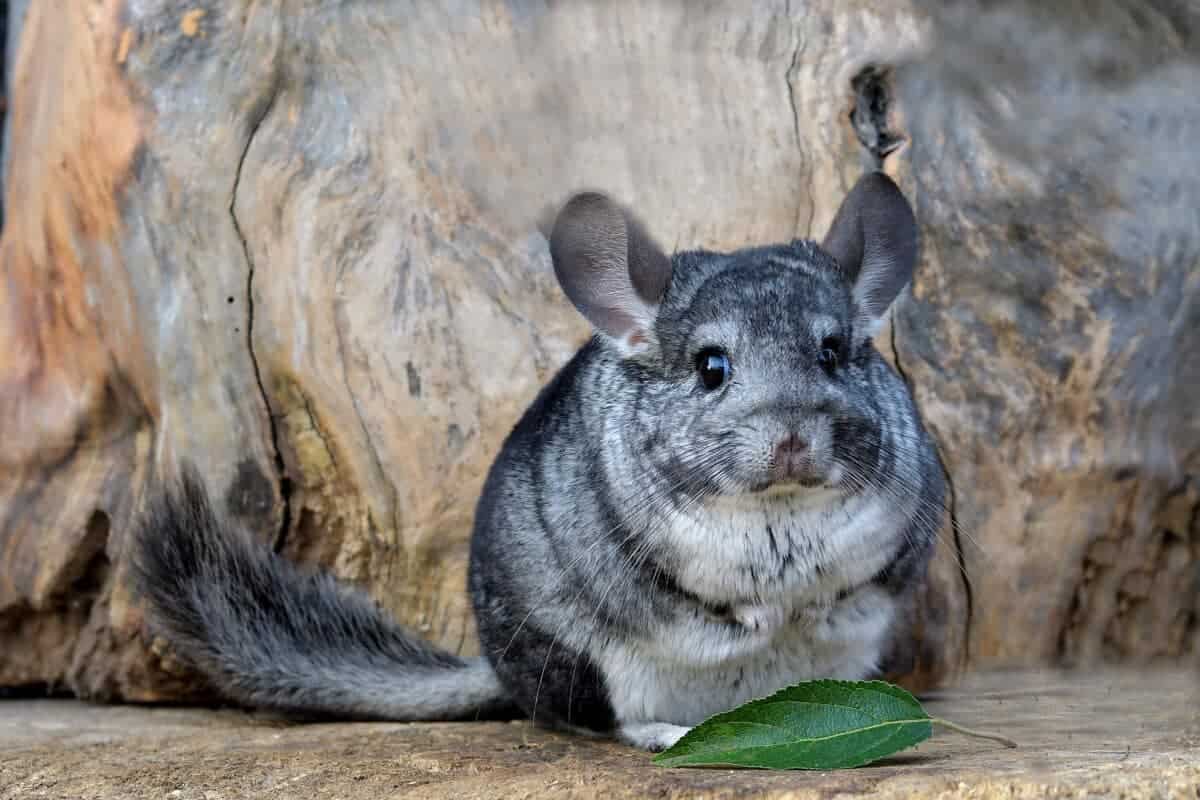
Chinchillas are soft and adorable, but they have specific needs in terms of environment and care. They require a dust bath several times a week to maintain their fur and must be kept in cool, dry conditions due to their dense fur. Chinchillas are also prone to stress and require a stable, calm environment. Their social nature means they benefit from companionship, either from humans or other chinchillas.
12. Tarantulas

Tarantulas, while fascinating, are not ideal for everyone. They require specific habitats with precise humidity and temperature levels. While they do not need frequent handling, they may not respond well to it and can become stressed. This species can be intimidating and requires specialized care to ensure their health and well-being, often making them best suited for experienced keepers.
Rewards with Challenges
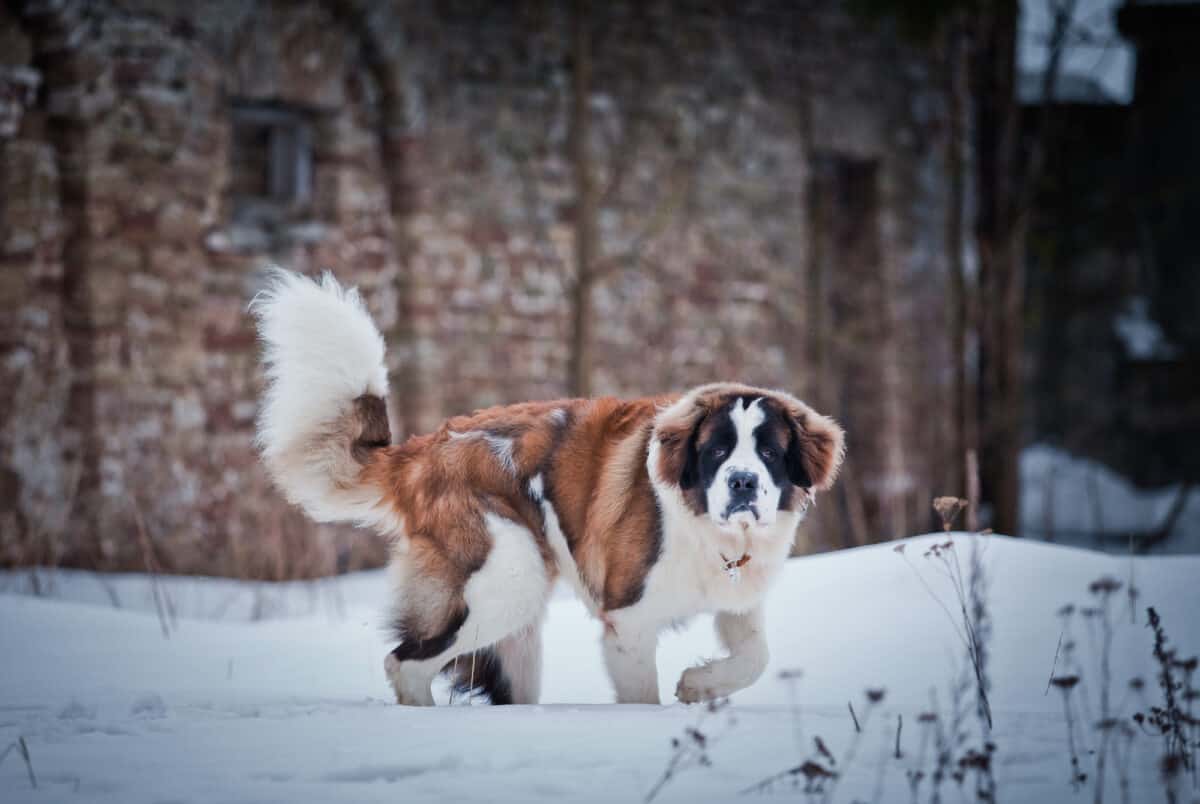
In conclusion, pet ownership comes with its rewards as well as its challenges. Whether you’re drawn to an exotic animal or a conventional pet, conducting thorough research and understanding the specific needs and demands is essential for a successful pet-owner relationship. Every species has different needs, and being prepared is the best way to ensure you and your pet thrive together. Remember, responsible pet ownership means meeting the physical, social, and emotional needs of your chosen companion!
- The Truth About How Eagles Survive Harsh Winters - August 24, 2025
- Watch: Komodo Dragon Swallows Baby Goat In Seconds - August 24, 2025
- The Oldest Living Fish Discovered in the Pacific Ocean - August 24, 2025

